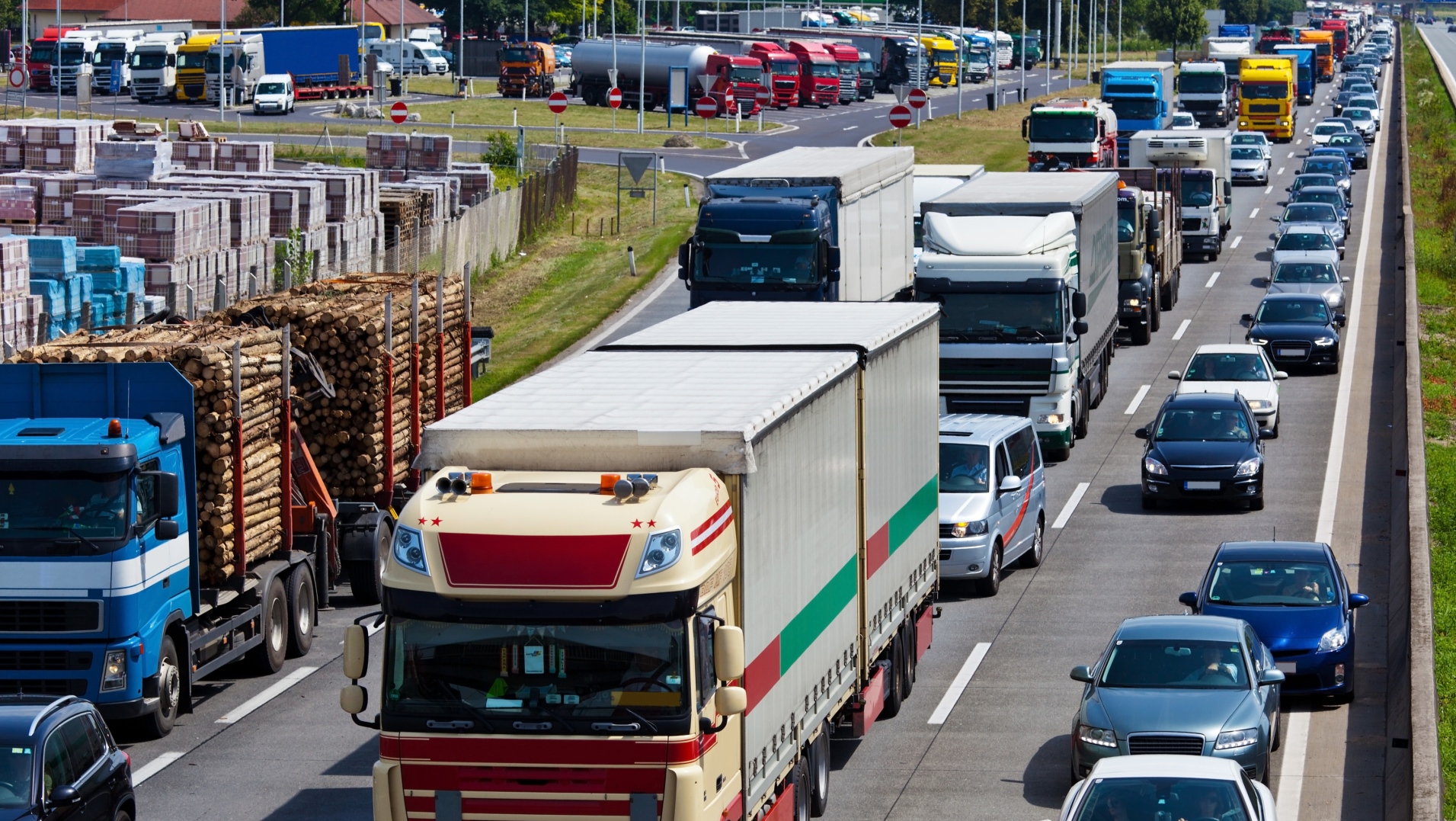Poorest hardest hit by Brexit
Just as the axe of austerity has fallen hardest on the poorest, so too, will low income families have to pay the dearest under a potential Brexit, according to a new report from a prominent economic think-tank.
The National Institute of Economic and Social Research (NIESR) found that in their worst-case model scenario, a low-income family could lose more than ÂŁ5,000 each year in benefits and tax credits by 2020.
Double-dose of austerity
The detailed analysis shows that, if the government holds fast to its pledge to slash the deficit, the likely fall in UK’s GDP post-Brexit would mean that public spending would have to be cut back massively – and under the Tory’s current agenda, it’s always spending on welfare that takes the greatest hit.
Those who would be hardest hit by another double-dose of austerity if the UK votes to leave would be single parents with two children, who stand to be between ÂŁ1,386 worse off each year in a best-case scenario in 2020 and ÂŁ5,445 worse off each year in the worst-case scenario.
Report co-author Angus Armstrong explained the NIESR’s methodology.
“Our analysis combines the consensus of macroeconomic forecasts with the spirit of the government’s fiscal charter,” he said. “Based on these assumptions, our results show that a disproportionately large share of the costs of Brexit is likely to fall on low-income households.”
The report’s worst case scenarios predicted that 100 per cent of the government’s loss in income tax receipts after the GDP drops post-Brexit would fall on the welfare budget. But even in their rosiest scenario – in which only a quarter of the burden of lower tax receipts would fall on the welfare budget, low-income families still lose out significantly.
In this best-case scenario, low-income households would still stand to lose between ÂŁ600 and ÂŁ1386 each year.
TUPE rights at risk
The NIESR research published last week (June 9) comes as the TUC showed today (June 13) another way in which leaving the EU would hit low-paid, mostly female workers, hard.
Each year, nearly 1m workers are affected by what is called TUPE transfer – when the workforce of one company transfers to another after the company is sold. TUPE transfers also take place when services are contracted out.
Thanks to EU legislation, when a workforce transfers from one company to another, their pay, terms and conditions must be protected – this halts the race to the bottom that’s become endemic in a world dominated by contracted services and large, multinational corporations.
The TUC argued that if the UK votes to leave, employers would be free to impose cuts to pay and terms and conditions without TUPE regulations stopping them.
TUPE rights would be at risk, the TUC noted, because Tory ministers already voted to water down the legislation in 2013 – it was only the EU that stopped them from going further. What’s more, employers groups have long lobbied the UK government to weaken TUPE legislation; in the event of a potential Brexit, the government would be free to do so.
The TUC found that TUPE transfers are most common in cleaning and domestic services, which are dominated by low-paid women who stand to lose out most from changes to EU-derived legislation.
‘Better off’ in EU
Maurice Shaw, 51, from Manchester is worker who underwent a TUPE transfer. His new employers sought to impose lower pay, longer working hours and larger workloads on Shaw and his colleagues but his union PCS used TUPE legislation to stop Shaw’s new bosses from forcing through the changes.
“We were going to be stitched up by the new boss, with longer hours and lower pay,” Shaw said.  “But we found out that it was illegal under laws that come down from the EU.
“If we leave the EU, then those laws could easily be lost, and the tables could be turned against the rights of workers,” he added.  “I’ve no doubt after what happened to me that working people are better off when the EU has their back.”
TUC general secretary Frances O’Grady agreed.
“If you’ve ever worked for a company that’s been taken over, or a service that’s been contracted out, you will know how worrying it can be to get transferred to a new boss,” she said. “But thankfully there are EU rules that stop the new boss cutting your pay and conditions overnight.
“But if we leave the EU, those guarantees are gone,” she added. “Lots of employers are itching to persuade politicians to scrap these protections – and if we leave the EU they’d have the chance they’ve been waiting for.
“Low-paid women workers are especially at risk,” O’Grady went on to say. “This is because jobs like cleaners and caterers are amongst those most likely to be contracted out. The best way to protect working people from losing these rights is to vote Remain so we keep the current EU rules.”
This was a view echoed by general secretaries of major unions representing 6m people, including Unite’s Len McCluskey, in a letter to the Guardian last week.
“Throughout the 1980s and early 1990s the British trade union movement worked in solidarity with our European partners and fought hard to secure valuable working rights legislation at EU level,” the letter read.  “To this day these rights – including maternity and paternity rights, equal treatment for full-time, part-time and agency workers, and the right to paid leave – continue to underpin and protect working rights for British people.
“If Britain leaves the EU, we are in no doubt these protections would be under great threat,” the union leaders argued.  “Despite words to the contrary from figures like Iain Duncan Smith and Michael Gove, the Tories would negotiate our exit and, we believe, would negotiate away our rights. We simply do not trust this government if they are presented with an unrestricted, unchecked opportunity to attack our current working rights.”
 Like
Like Follow
Follow


